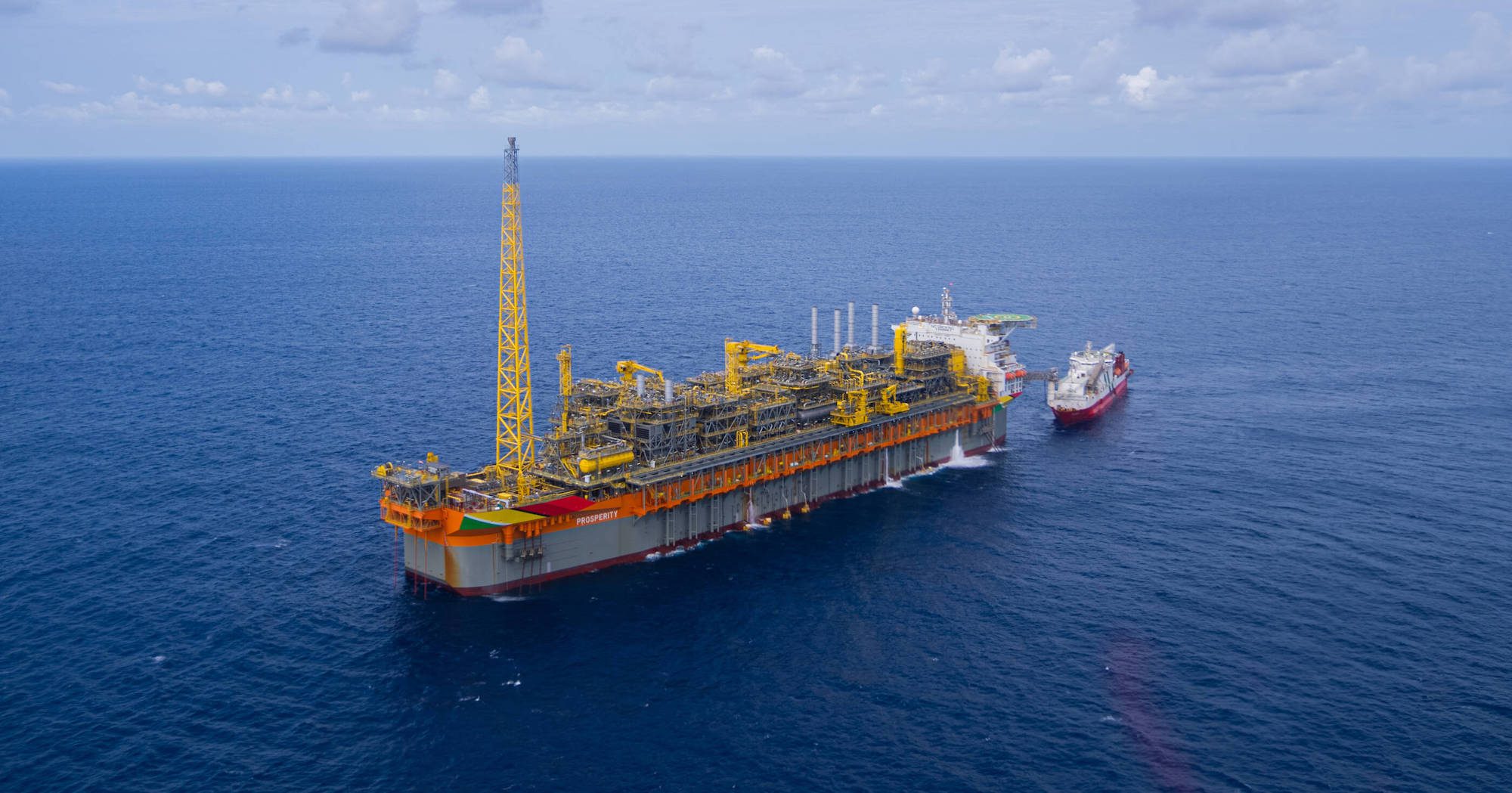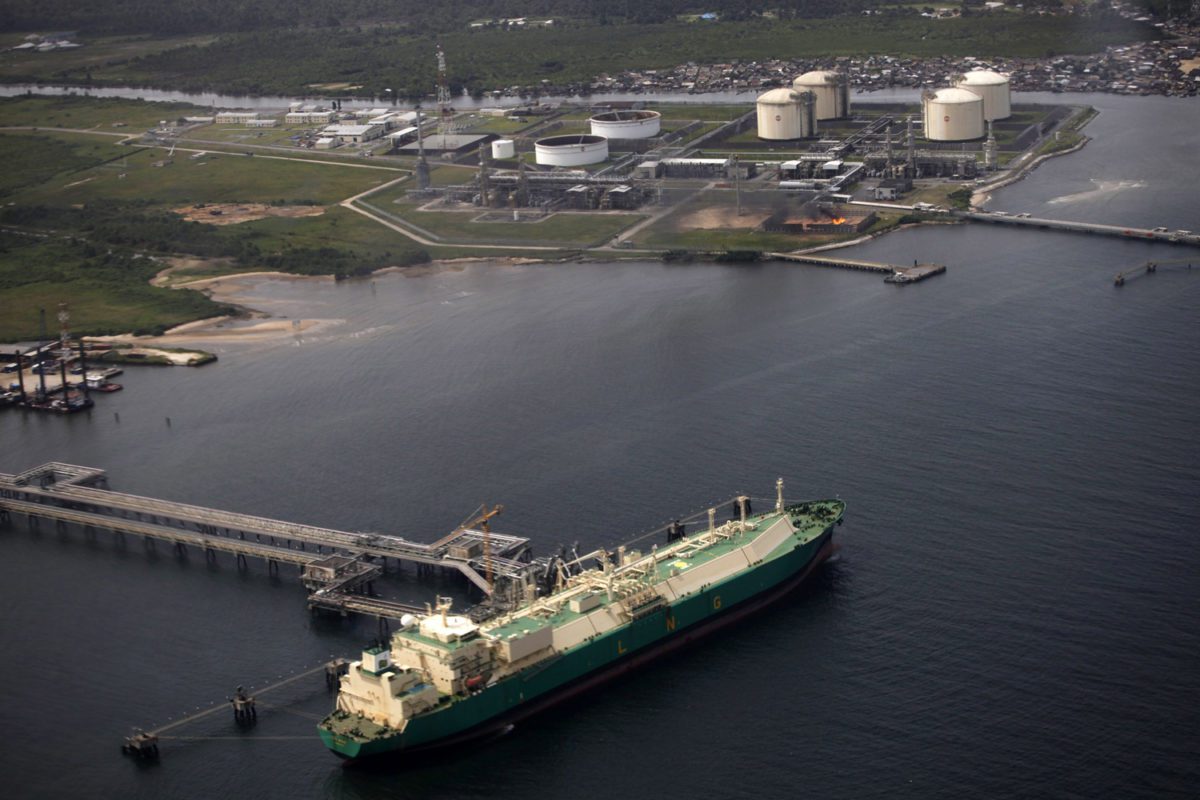There exists a myth that mariners do not like investigations because they resist the changes that take place (regulatory, company policy, etc) as a result of investigations. The resistance of mariners to change and adopt new regulations is often viewed with resentment by those outside the industry with a vested interest in preventing future incident.s
However, the resentment of mariners is not usually birthed from a lack of desire to change or even the lack of willingness to work under a larger list of constraints. The resentment comes when the measures imposed do not address the real problems. Resentment intensifies offshore when the changes increase the workload of crew preventing them from focusing time on the real issues. In addition to extra man-hours, regulatory changes can require that other static resources including budgets.
To assure the real problems are addressed it’s important for investigators to ask the right questions and call the right witnesses but this is difficult when members of the investigative team have no relevant and recent experience aboard the vessels they investigate, as is the case with this week’s Deepwater Horizon hearings.
It was encouraging that the Deepwater Horizon investigation team added Captain Smith, a vessel master and OIM with a broad range of experience offshore, to the witness list but he should have been asked to join the investigative panel, not just as a witness but as a panel member with full ability to ask questions… the right questions.
gCaptain has solicited questions and witness lists from mariners working offshore, including some that worked aboard the Horizon. Here is what they came up with:
The Bankston’s Fast Rescue Boat (FRB) saved many lives, why was the Horizon not required to have one?
How long does it take to properly deploy every liferaft aboard the DHW?
BP conducts rigid Integrated Acceptance Testing off all newly contracted ships, are they also required periodically on long term contracts?
Can licensed engineers be substituted for Motoromen? Can licensed mates be substituted for DPO’s? What are the licensing and endorsements required by watch-standers and critical personnel aboard the DWH (DPO’s, Motormen, Toolpushers…)?
Who stands watch at Transocean’s emergency response center? What experience & education do they have in marine operations? Emergency response?
Who was the designated person as required by IMO? What experience & education do they have in marine operations? Emergency response?
Who is your port engineer or, if there is a different title for this person, who is the Senior most USCG licensed Marine Engineer working for Transocean? Does he have the authority to change engine room manning levels? Is he consulted for all Management Of Change requests that effect marine safety? How many vessels does each port engineer oversea?
Who is your port captain or, if there is a different title for this person, who is the Senior most licensed Master Mariner working for Transocean? Is he consulted for all Management Of Change requests that effect marine safety? How many vessels does each port Marine Supt oversee?
Who’s job is it to plan for major emergencies? Is he an expert in Marine Operations? If not, who on his team is an expert in Marine Operations? Where these people included in Hazard Identification & Response for this specific well?
List all differences between the CFR’s, Marshall Island regulations, ABS MODU requirements and the MODU code. Which are safety critical.
Who calculates monetary figures on MMS incident reports? Are they accurate?
How often is the MSMC reviewed by Transocean? Are they consistent between Transocean vessels?
Additional witnesses to be called:
It is not enough to ask the right questions, they must be asked to the right people. Here’s a list of witnesses that should be called:
- The DWH’s Rig Manager (OIM’s boss) and his direct boss.
- Transocean’s Designated Person
- Transocean’s Sr. Marine Superintendant (Licensed Captain working in the office)
- Transocean’s Sr. Port Engineer (Licensed Chief Engineer working in the office)
- The Person In Charge (PIC) of Transocean’s Emergency Response Team
- Lead instructor of Transocean’s Major Emergency Response training
- Transocean’s Regulatory Compliance Manager (liaison with MI)
- The Marshall Islands rep assigned to Transocean vessels.
- The head captain of BP’s Offshore Group.
- The Port Captain (Chief Engineer Shore-side) of BP’s Offshore Group.
- A representative of BP’s assurance team.
A few of the responses also contained documents that should be referenced:
- The MODU code(!)
- Well Specific Operating Guidelines for the well.
- HAZID documentation (or Bow-tie analysis) for the DWH.
- List of all exceptions issued by the Marshall Islands & ABS
- List of all work order discrepancies and overdue PM’s in the work order management system
This is by no means a complete list of good questions to be asked, just those solicited in the last few days. gCaptain itself has additional questions it may submit to the panel…. if you also have relevant questions that need to be asked please add them as a comment below.

 Join The Club
Join The Club










